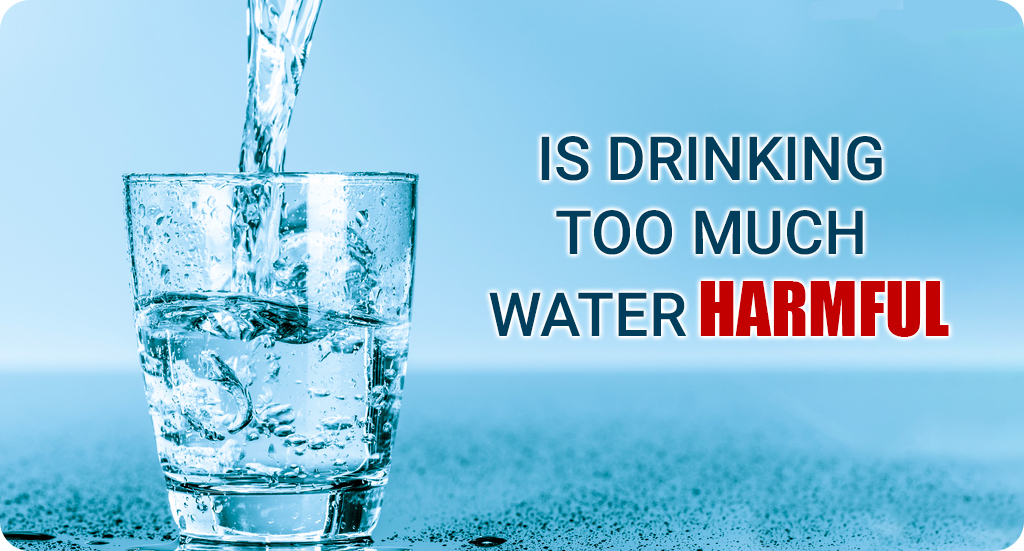IS DRINKING TOO MUCH WATER HARMFUL
Only plain water does not help to restore the electrolytes like potassium, sodium, magnesium, calcium and chloride and therefore affects performance. So for optimal results, an electrolyte drink is very important. Start your day early and keep adequate intake of fluids as this will help to take care of any kind of dehydration later on the day. But drinking too much water is considered to be dangerous. It causes overhydration that can lead to water intoxication. In this condition, salt and other electrolytes in the body become too diluted. The main concern of overhydration is hyponatremia (too low sodium levels). There are 2 types of overhydration:
- Water Retention: Several medical conditions can lead to water retention in the body, disturbing the balance between sodium and water levels in the blood.
- Increased Water Intake: In this case, more consumption of water than what your kidneys can remove in urine is observed, and too much of this water gets collected in the bloodstream.
What causes overhydration: It is an imbalance of fluids, which causes dilution of substances in your blood. Athletes sometimes drink up too much water before or during an event. There is no correct amount of water intake as it depends on age, sex, activity level, weather and your overall health.
The colour of your urine is a good indicator of hydration i.e colourless=over hydrated, pale yellow colour is good and darker means you need to drink more water.
Usually, only athletes are at risk of overhydration especially endurance athletes as they tend to drink up large amounts of water pre and during the event.
Symptoms of overhydration (low levels of sodium in the blood): headache, nausea, vomiting, confusion, disorientation, muscle weakness, cramps and spasms.
Therefore athletes sweat a lot and experience a great loss of electrolytes while sweating and training for more than 2 hours, so to replenish the loss of electrolytes athletes should go for drinks with sodium and potassium to cover up their loss while preventing overhydration and dilution of blood.













Comments
No comment yet.